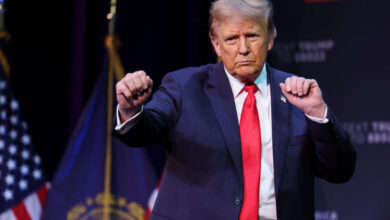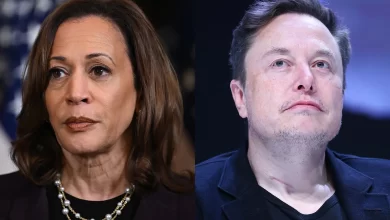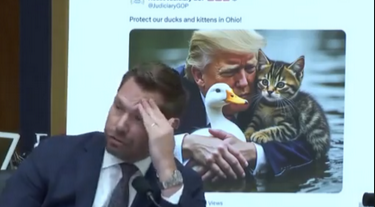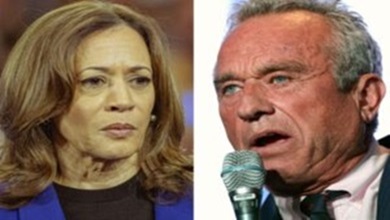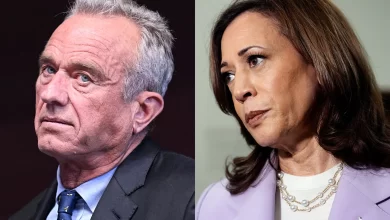Zuckerberg’s Shocking Admission: The Regret That Could Change Everything
In a surprising twist, Mark Zuckerberg, the co-founder and CEO of Meta (formerly Facebook), recently admitted that he regrets how his company handled its relationship with the Biden-Harris administration during the Covid-19 pandemic. This admission is making waves across social media and news outlets, and it’s a big deal for anyone who’s been paying attention to how tech companies have been dealing with free speech and government influence.
Here’s the scoop:
Zuckerberg came clean about how there was pressure from high-ranking officials in the Biden-Harris administration to censor certain content about Covid-19. This wasn’t just about stopping misinformation—it included humor and satire, too. Now, Zuckerberg is saying that this might have crossed the line when it comes to free speech.
He also expressed regret for not pushing back harder against these pressures. This is huge because it shows there’s a real tension between what the government wants to control and what should be allowed under free speech.
Zuckerberg’s comments also raise a big question about public trust. By admitting that some of the information they censored turned out to be true, or at least debatable, he’s highlighting how actions like this can make people lose trust in both the government and big tech companies like Meta.
One example everyone’s talking about is the New York Post’s story on Hunter Biden’s laptop. Facebook suppressed that story, and now Zuckerberg is saying it was a mistake. This is a big deal because it shows how trying to fight misinformation can sometimes mean censoring real news.
This revelation could change how Meta and other tech companies think about content moderation. It might lead to more transparency or even a more hands-off approach, letting people decide for themselves what’s true and what’s not.
Mark Zuckerberg just admitted three things:
1. Biden-Harris Admin “pressured” Facebook to censor Americans.
2. Facebook censored Americans.
3. Facebook throttled the Hunter Biden laptop story.
Big win for free speech. pic.twitter.com/ALlbZd9l6K
— House Judiciary GOP 🇺🇸🇺🇸🇺🇸 (@JudiciaryGOP) August 26, 2024
Politically, this statement has lit a fire. Conservatives are feeling validated, seeing this as proof of government overreach in social media. Meanwhile, it might make liberals think twice about the implications of letting the government have too much influence over what we see online.
But this isn’t just about one situation or one administration. Zuckerberg’s comments are part of a bigger conversation about the role of private companies in public debate, how much power the government should have over these platforms, and how we balance the need for accurate information with the right to free expression.
Looking ahead, Zuckerberg’s admission could be the start of a major shift in how tech companies deal with content moderation. It’s a sign that things might become more transparent and balanced, and it could spark new laws to make sure there are clear boundaries between government requests and the tech companies that shape so much of our public discourse.
Zuckerberg’s regret might be late, but it’s opening up an important conversation about censorship, free speech, and the responsibilities of big tech in today’s world. This could be the catalyst for real change in how these issues are handled moving forward.

